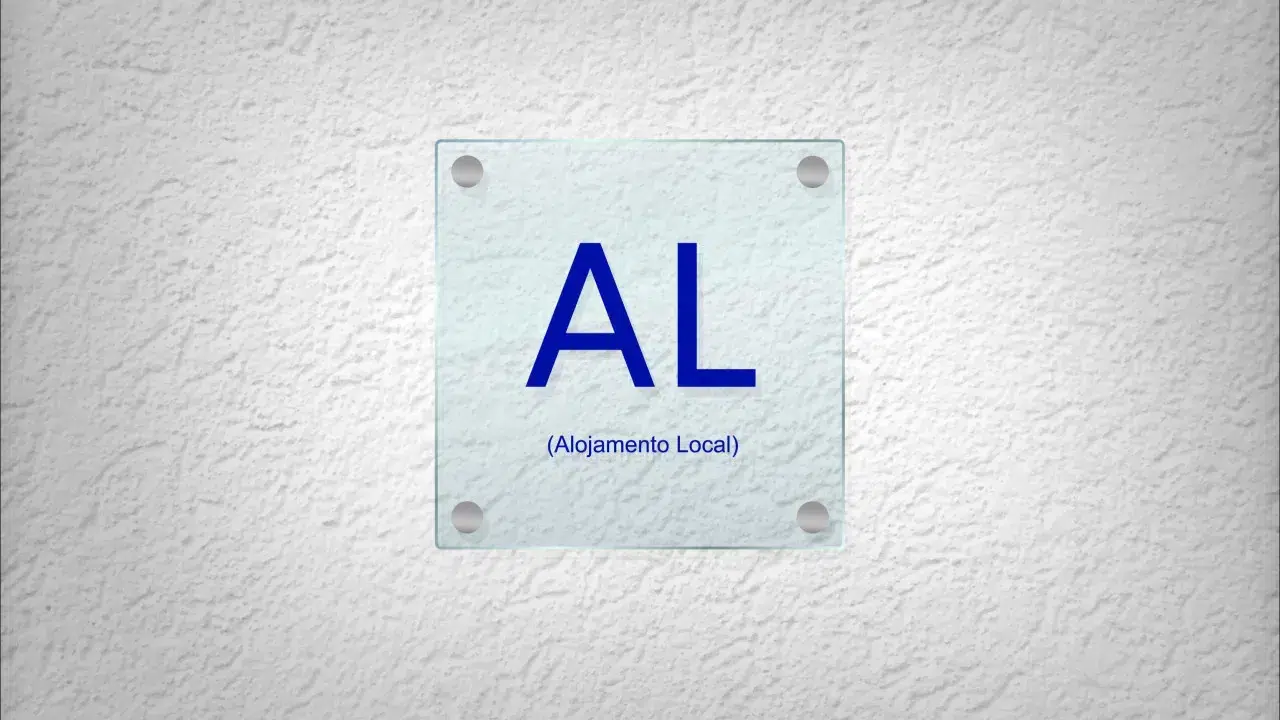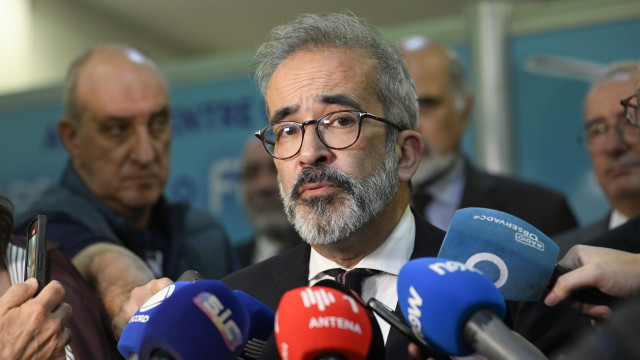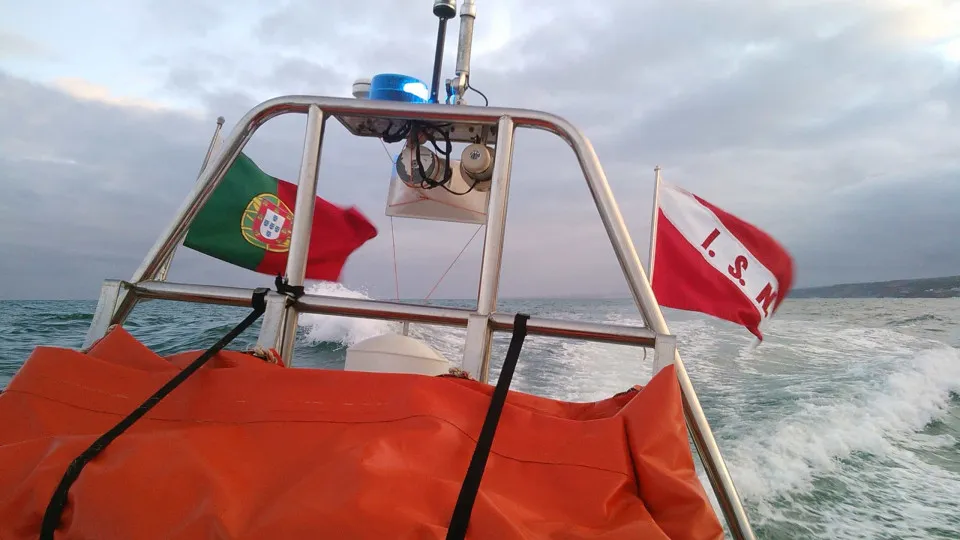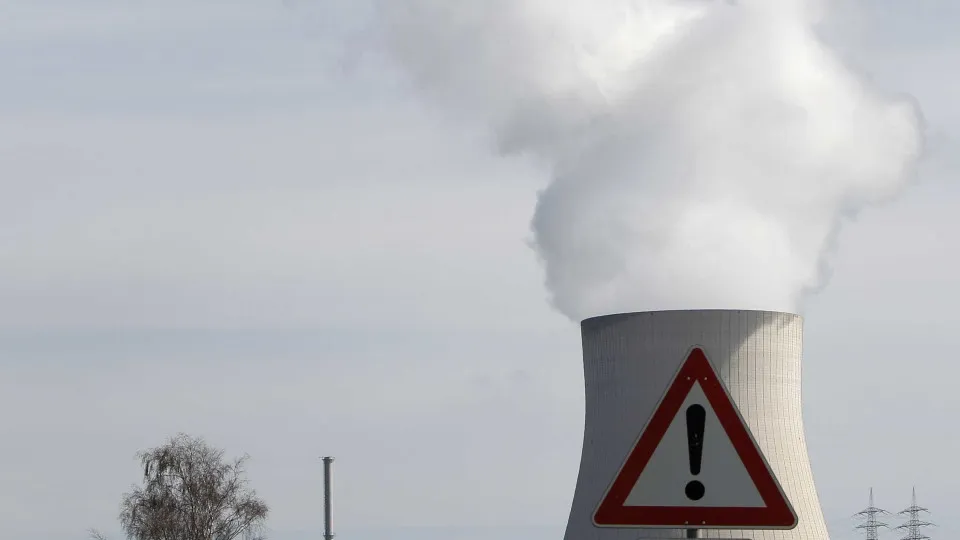
The local municipalities could have enforced the requirements earlier, but they allowed a grace period from March until now, noted Eduardo Miranda, president of ALEP, in a statement.
“Some municipalities, we know, will begin notifying by the end of June. Once notified, if it’s an administrative notification, operators have only ten business days to submit their insurance. Failing to do so will result in the immediate cancellation of the registration,” he warned.
“It is up to the individual municipality to issue the non-compliance notification,” giving them discretion on the timing. A legal grace period of three to ten business days starts from that point to rectify the situation.
The requirement for insurance coverage has been in place since 2018, but the submission of this document to the National Local Accommodation Register platform was introduced with the latest law amendment in 2024.
However, “the law does not specify a deadline for the first submission,” Eduardo Miranda pointed out.
The Ministry of Economy and Territorial Cohesion has been approached for comment but has yet to respond.
Currently, “almost 70,000” local accommodations—over half of the current licenses—have not yet submitted insurance to the platform, according to ALEP.
Despite there being “a large number of inactive registrations” (ALEP estimates between 40,000 and 50,000), “20,000 are still missing,” emphasized Eduardo Miranda.
ALEP has been in “regular contact” with Turismo de Portugal, which coordinates the platform, conducting “various campaigns” for awareness. “This week, we emailed all registrations that have yet to submit their insurance,” he stated.
The process is “relatively easy,” according to the ALEP president, who cited other reasons for the inactivity of many property owners.
“Many people are not engaged” in local accommodation as their primary activity; “it’s just a holiday home they own,” resulting in “some lack of information” and that they “didn’t see the campaigns,” he noted.
Another issue, he added, is that “many contacts in the National Local Accommodation Register database are outdated,” and communications are all done by email.
The third factor, causing “great concern,” involves property owners who live outside Portugal, both Portuguese and foreign, some of whom do not speak Portuguese and manage local accommodation for a second home. “These people are not in tune with daily news, social media, groups, our information, or our website,” he lamented.
Appealing that they “don’t delay” and “register as soon as possible,” Eduardo Miranda recalled that this registration process was “requested by the sector years ago,” based on the need for a “clean-up to know the real numbers” of local accommodation.
“Many of the policies being made, the regulations, consider data that is not real. The presence of local accommodation is much lower than reported,” he stated.
Eduardo Miranda also noted that the insurance submission “is a continuous process,” to be renewed annually upon expiration, which will help keep the database up-to-date.




